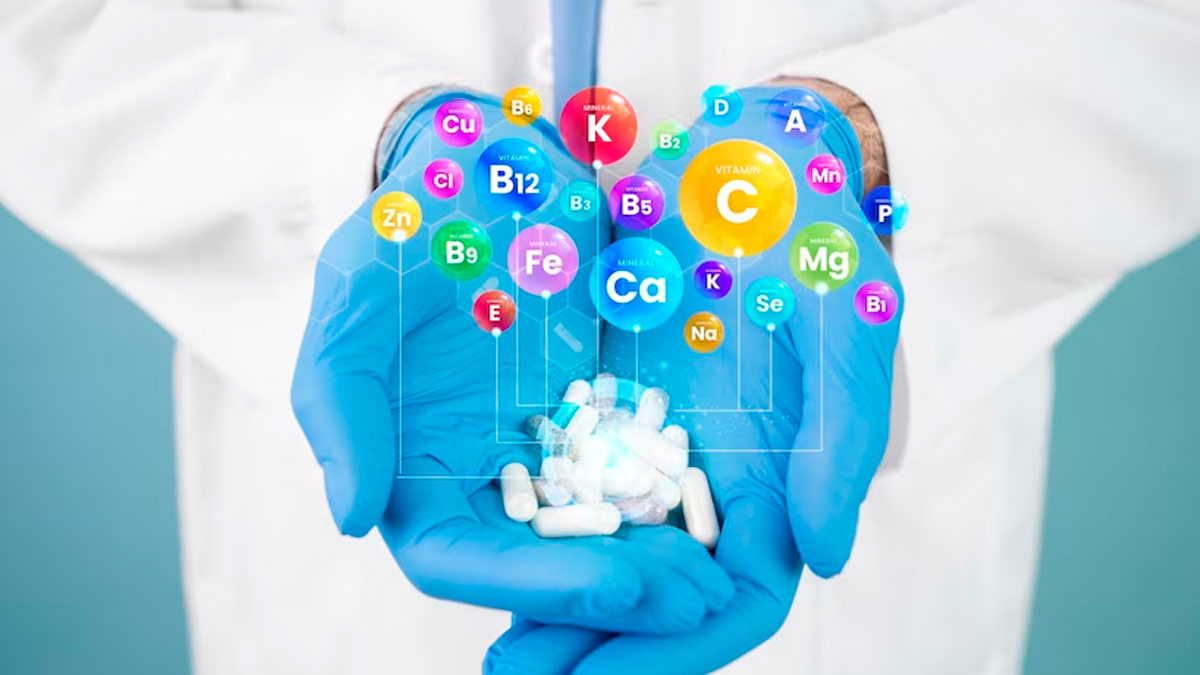
From the traditional time, women have always been the backbone of a family's overall health. However, the journey toward beginning a family can be exciting as well as overwhelming. In fact, over the years, there has been an increase in various health issues, but fertility issues have become a significant matter of concern in the modern-day world.
Table of Content:-
According to WHO, infertility affects around 1 in 6 adults, or 17.5% of the population worldwide, demonstrating the critical need to provide access to high-quality, reasonably priced fertility care for individuals who are in need.
Infertility has become a substantial problem, especially when it comes to women. Given the demanding lifestyles, the choices and habits of women have evolved to a great extent which, in turn, has impacted their fertility rate. Thus, to increase fertility in women, it's essential to follow a good diet and avoid a few. Along with that, it's crucial to speak with your fertility doctor and go over your long-term plan, so you don't bump into any issues when trying to conceive.
As per Dr Sita Sharma, Apollo Fertility, Amritsar, Punjab, here are some do's and don'ts of diet for better fertility.
Add Multivitamins
“You can become less prone to suffer ovulatory infertility if you take multivitamins. In fact, women who take three or more multivitamins every week can avert an estimated 20% of ovulatory infertility”, said Dr Sharma. Micronutrients included in vitamins play important roles in fertility.
A multivitamin containing folate may be beneficial for women attempting to conceive. Furthermore, consult your doctor about any supplements, including multivitamins, that may help you move closer to pregnancy.

Also read: Expert Explains The Critical Role of Vitamin D In Fertility & Pregnancy
Antioxidant
If you want to enhance your fertility, you should first avoid trans fats and opt for antioxidants. These fats affect your ovulation levels, so you must limit your consumption of trans fats and substitute them with antioxidants. Furthermore, eat fruits, vegetables, and nuts high in antioxidants such as vitamins E and C, beta-carotene, lutein, and folate. Antioxidants, in general, are known to improve fertility, so having them in your diet is unquestionably beneficial.
Say no to Caffeine
One method for enhancing fertility is to avoid caffeine sources daily. Female coffee drinkers were less likely to conceive, and caffeine has been linked to an increased risk of miscarriage. You don't have to stop drinking coffee altogether, but you should minimise your caffeine intake. In fact, the best beverage for keeping your body hydrated is water.

Eat More Fibre
Fibre helps to eliminate excess hormones and maintain blood sugar equilibrium. Certain fibres, such as avocados, sweet potatoes, cereals, and fruits, aid in the elimination of excess oestrogen in the intestines by binding to it. Fruit-soluble fibre had the most substantial connection with lower oestrogen levels. In fact, excessive soy consumption should be avoided since it includes phytoestrogens, which can alter hormone balance.
Also read: Lifestyle Factors Behind Infertility In Women
Healthy Diet: Way to boost fertility
There is no denying the fact that incorporating healthy lifestyle choices not only boosts your fertility but also benefits your body as a whole. In fact, it's also important to remember that a healthy diet is just one aspect of fertility, and there are many other factors that can impact a woman's ability to conceive. Thus, remembering the dos and don'ts and if needed taking help from your healthcare professional in times of issue will certainly assist you in optimising your fertility.
[Disclaimer: The information in this article is provided by a registered medical practitioner. However, we recommend you consult your healthcare provider for accurate diagnosis and treatment.]
How we keep this article up to date:
We work with experts and keep a close eye on the latest in health and wellness. Whenever there is a new research or helpful information, we update our articles with accurate and useful advice.
Current Version